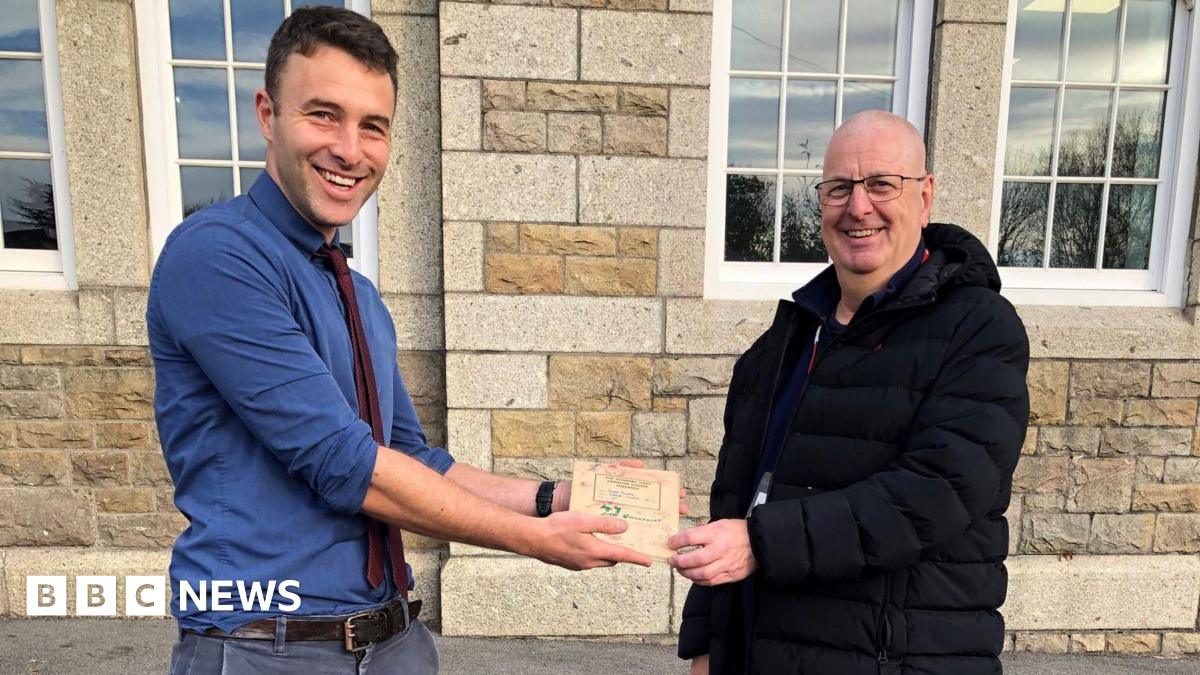22-year-old Shropshire fitness coach who suffered life-changing ‘widow maker’ heart attack

- by Admin
- March 26, 2024

On January 6 avid gym-goer Faith Harrison was feeling fit and healthy when she drove more than an hour to Stafford to play in a hockey match. She played well, assisting two goals and sprinting around the pitch during the game.
It was not until after the match that she started to feel strange – but she never considered it might be something to do with her heart.
Faith, who is from from Little Minsterley, said: “After the match, I just didn’t feel like myself. I didn’t feel sick or ill, just not like me. I got in my car to drive home and about 30 minutes in, my arm just went numb and tingly, and my chest went very tight like someone was sitting on it.
“I did wonder if something serious was going on, but I could speak and move so I thought I was okay. I never thought it could be to do with my heart.
“I decided to drive to my parents’ house as it was closer than mine. Somehow, I got there, but as soon as I walked in, I said ‘something is wrong’. My parents, my partner Sam, and I all thought my blood sugar was low, but I violently vomited up anything they tried to give me.
“My dad rang 999, but the call handler said it was probably anxiety or a panic attack. By this time, I knew something was seriously wrong, so Sam and my dad took me to A&E at the Princess Royal Hospital in Telford.”

Doctors told Faith she needed to be taken by ambulance to Royal Stoke University Hospital, the nearest heart centre.
There, tests revealed a blood clot was blocking one of Faith’s coronary arteries by 90 per cent, and that she had been having what is known as a “widow-maker” heart attack for the previous seven hours. She was lucky to be alive.
Faith was also diagnosed with a patent foramen ovale (PFO), a small hole between the top two chambers of the heart which usually closes after birth.
In very rare cases, a PFO can allow a normally harmless blood clot to reach a coronary artery and create a blockage, leading to a heart attack.
The Latest News
-
December 22, 2024Donald Trump picks Apprentice producer to be the US special envoy to UK
-
December 22, 2024Daily horoscope: December 22, 2024 astrological predictions for your star sign
-
December 21, 2024UK flights and ferries cancelled owing to high winds as Christmas getaway begins
-
December 21, 2024Prince Andrew plans to move to UAE amid espionage allegations: Report
-
December 21, 2024Inside Britain’s saddest shopping centre: Town centre mall empty just DAYS before Christmas as depressed locals say ‘it’s a disgrace’




:quality(85):upscale()/2024/11/27/523/n/37141241/adfb626a674703ad43d3e0.56538649_.jpg)
